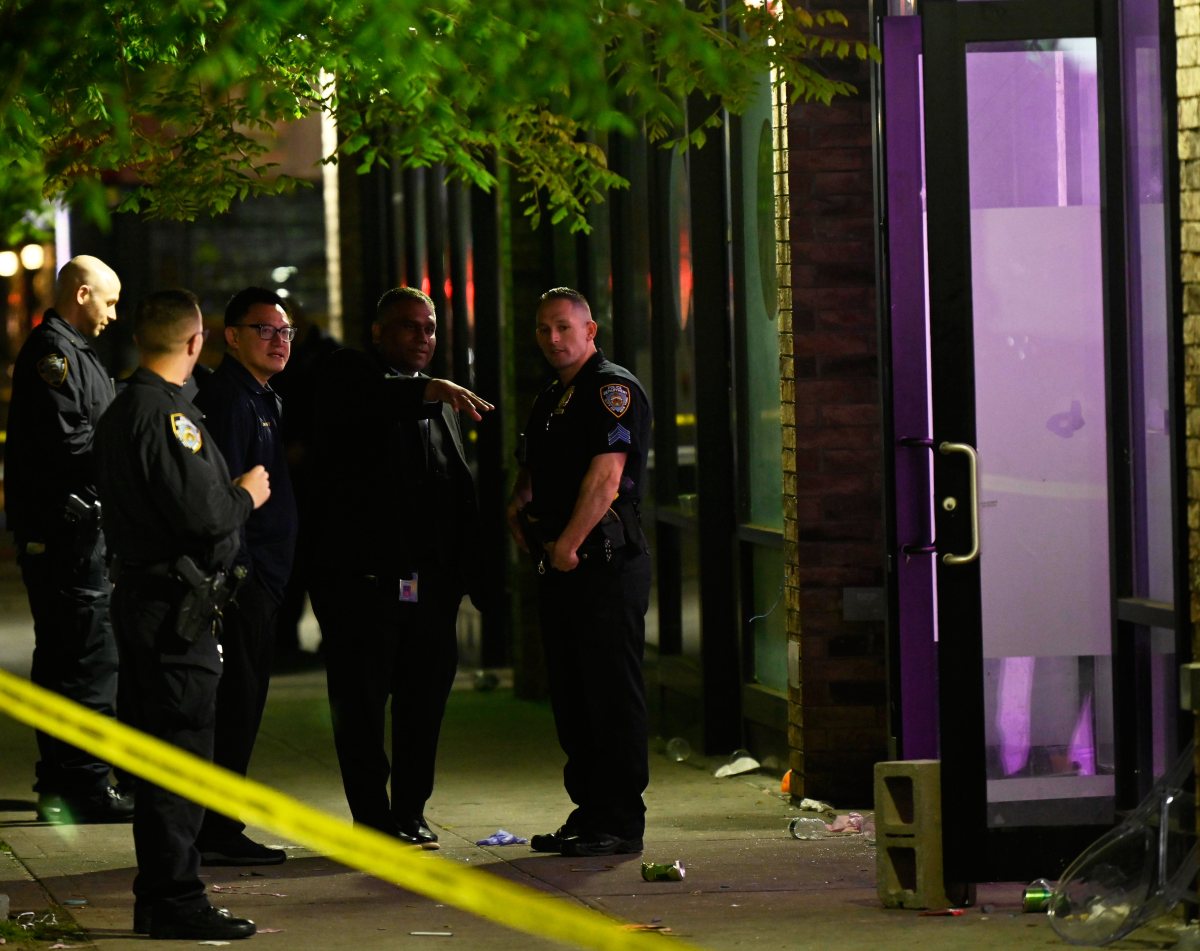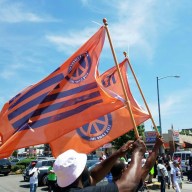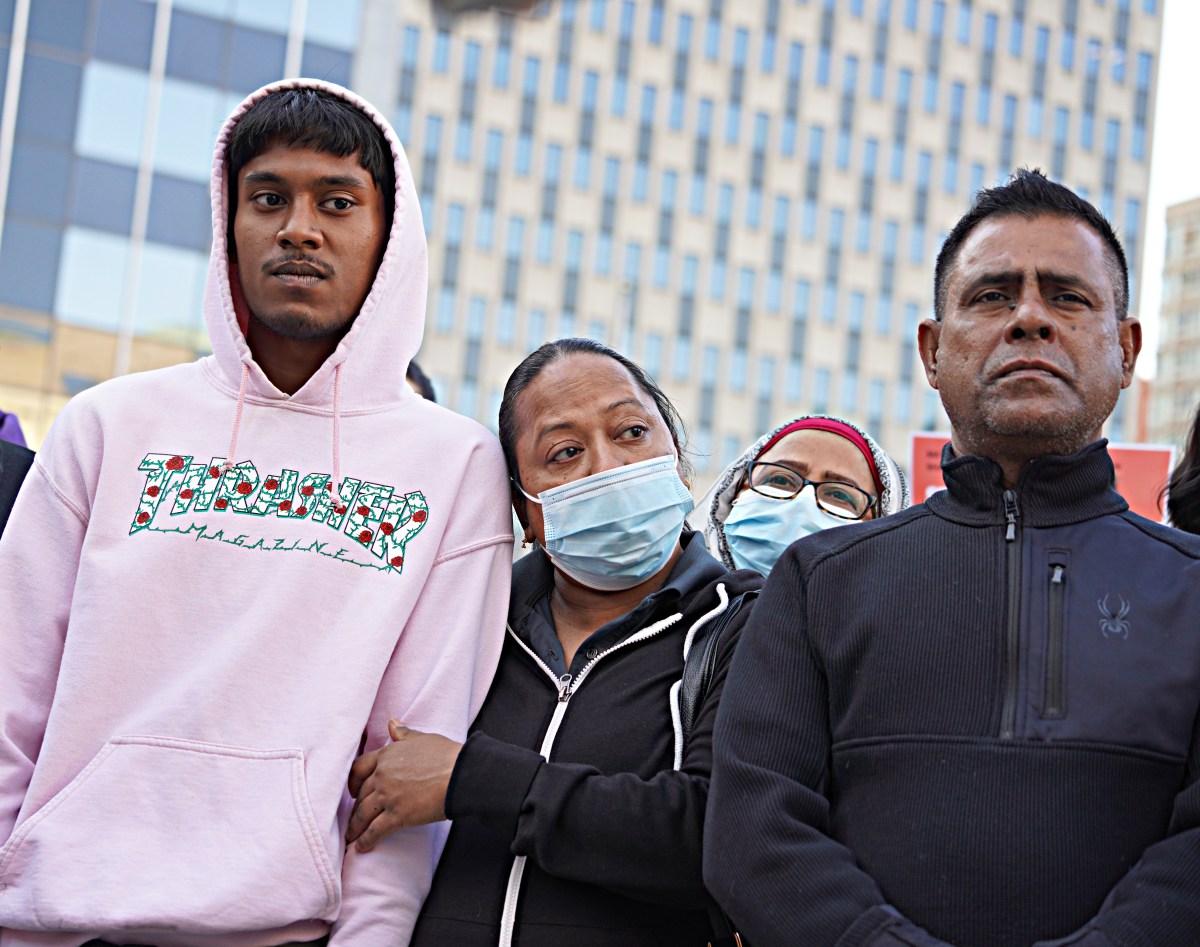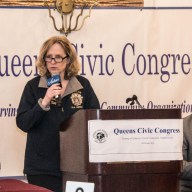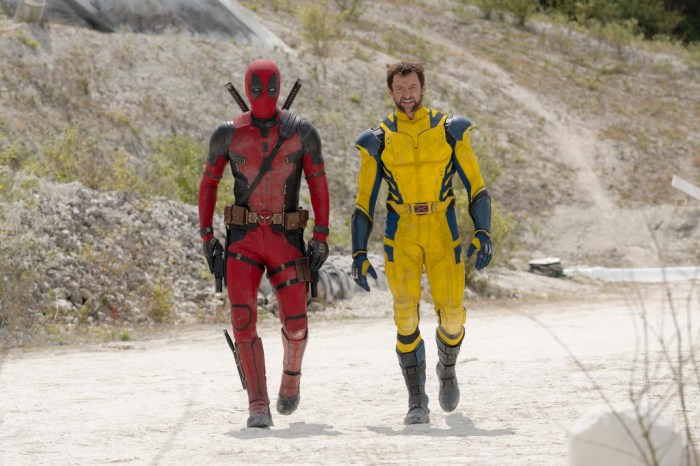By Brian Lockhart
Jerome Hauer, the outgoing head of the Mayor's Office of Emergency Management, was peppered with questions about the handling of last summer's outbreak of the mosquito-borne West Nile virus at the Robert F. Kennedy Democratic Association in Forest Hills last Thursday.
Created by Mayor Giuliani in April 1996, MOEM coordinates and monitors the city's response to all emergency conditions, incidents and threats, including natural disasters, water main breaks, power outages and labor unrest, that require a multi-agency response.
Hauer, a city native, is MOEM's first director, hired by and answering to Giuliani. He recently announced he was leaving his post to be the assistant vice president for the Virginia-based Science Applications International Corporation's Center for Counterterrorism Technology and Analysis, which will allow him to spend more time with his wife and 12-year-old son.
His last day on the job was Feb. 1 and MOEM was seeking a replacement.
Prior to his work with MOEM, Hauer completed Emergency Medical Services graduate work at Johns Hopkins School of Hygiene and Public Health, headed IBM's crisis management and response programs, was the city's EMS deputy director for emergency management and the executive director of Indiana's Emergency Management Agency.
Hauer said MOEM's main goal is to be “proactive.”
“Instead of reacting to emergencies, we're trying to stay ahead of them,” he said, using last Tuesday's sudden snowstorm as an example.
Hauer said as of midnight right before the storm, forecasters were predicting two to three inches of precipitation as the city readied the plows and sanders to hit the streets early.
“By rush hour on Tuesday, this city was actually doing quite well and we had things moving along,” Hauer said.
And even when the city is caught off guard by emergencies such as last summer's viral outbreak, Hauer said MOEM has a rapid response time.
He said it was only a matter of hours after the Atlanta-based Centers for Disease Control notified the city about the St. Louis Encephalitis – later reclassified as West Nile virus – outbreak in northeast Queens that a mosquito-eradication plan had been developed.
“That happened at about 2:45 on a Friday afternoon,” Hauer said of the CDC's notification. “By 6 that night we had a program in place to start spraying.”
Some audience members, however, were unimpressed by Hauer's description of the city's response to the West Nile emergency, accusing him of a cover-up.
Activist Joyce Shepard, an outspoken critic of the Giuliani administration and the outbreak response, kicked off the spraying questions by first telling Hauer he was courageous to appear in public and face his critics.
“I've nothing to hide,” he responded.
The outbreak was first announced just prior to Labor Day weekend. Four elderly Queens residents lost their lives to the virus, and dozens of others were sickened.
The city immediately began spraying pesticides from trucks and helicopters. One of the aerial-sprayed chemicals – the malathion-based Fyfanon ULV – has been deemed dangerous by environmentalists and some members of the scientific community. These critics say that blanketing the city with the pesticide was a cure far worse than the disease. The city has admitted that some chemically sensitive individuals could have been sickened by the spraying but said there is no evidence of mass, pesticide-related health problems and those reactions that did occur were negligible in light of the outbreak.
Two main points that Hauer and his critics debated were whether spraying polluted water in and around the city and whether the Fyfanon in particular was stored at a safe temperature.
Throughout the exchange, Hauer continued to say “let's get back to reality” and “let's try and deal with some reality” and repeated what he and other officials have told critics all along – that the city developed its spraying campaign after consulting with surrounding counties, the state, the CDC and the Fyfanon manufacturer.
“The reality is we contacted the best experts we could find,” he said.
Hauer said the helicopter pilots were provided with maps from the state Department of Environmental Conservation and told to steer clear of waterways, marshes and wetlands.
He admitted that the spray could drift, but the pilots were instructed to spray to keep the drift “inland,” a response that angered some audience members further.
“That's insane,” said one. “Do you believe that?”
Critics have contended that the Fyfanon was stored outdoors beneath a beating sun in temperatures that could have caused it to break down into other, more toxic substances. Hauer said both the Fyfanon manufacturer and toxicologists told the city there would be no breakdown.
Spraying opponents also said the virus had already begun to run its course when the city began spraying.
“You have an answer for everything, you really do,” Shepard said to Hauer.
One woman took issue with the director's earlier statement that OEM was proactive because the city was caught completely off guard by the West Nile virus.
“For years the pest control programs in this state and city were decimated and there was no surveillance,” Hauer said. “The issue is surveillance was not being done and really has not been done for years in this city.”
He noted that the city had not had major mosquito problems like other parts of the country and the mayor has continued to build up the city's pest control programs since 1997, mostly in response to the increased rat population.
Earlier this month, city Health Commissioner Dr. Neal Cohen testified before the City Council Health Committee about new plans being developed to monitor and control New York's mosquitoes.
Following the meeting, Hauer was asked to comment on the criticism he, OEM and the city Health Department have faced over the spraying.
“The reality is the number of deaths was quite small because there was an aggressive approach to this,” Hauer said.
He said if the city had not begun spraying and more people had died from the West Nile virus, those same pesticide critics would be accusing him of not having done enough.








